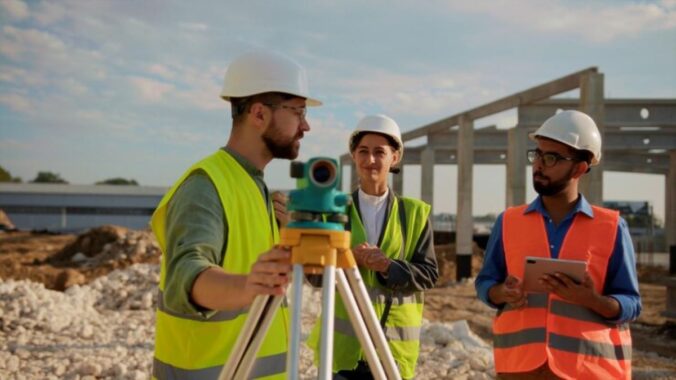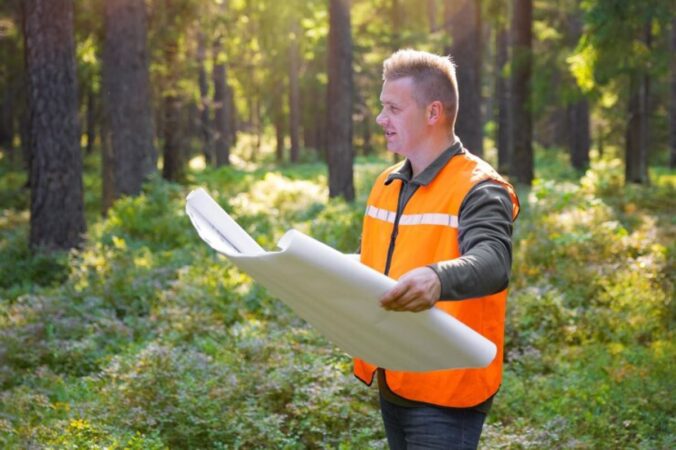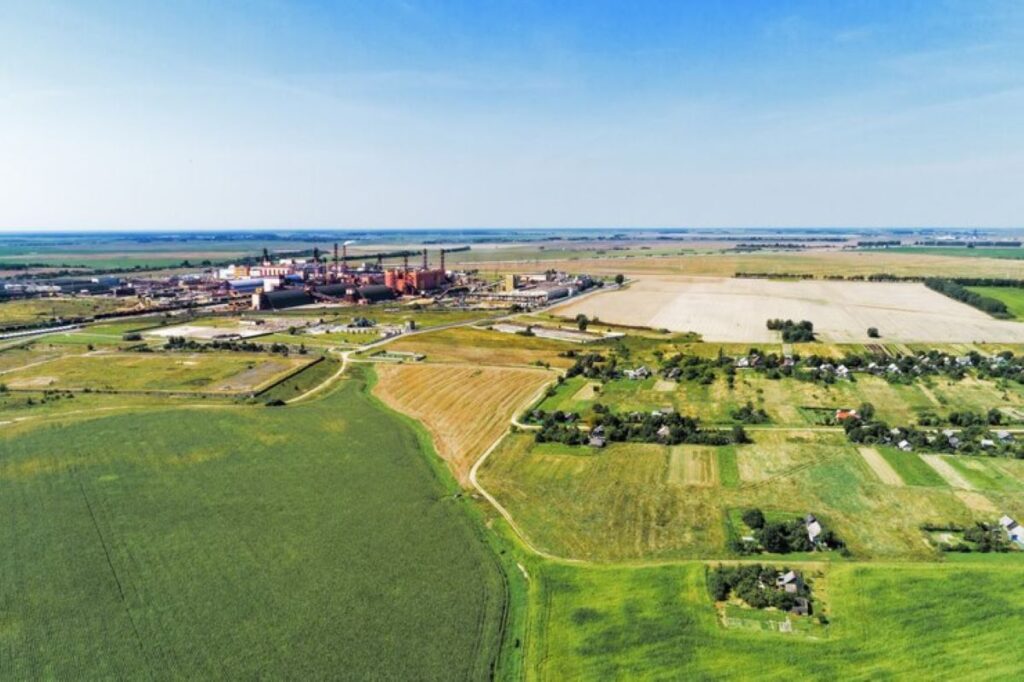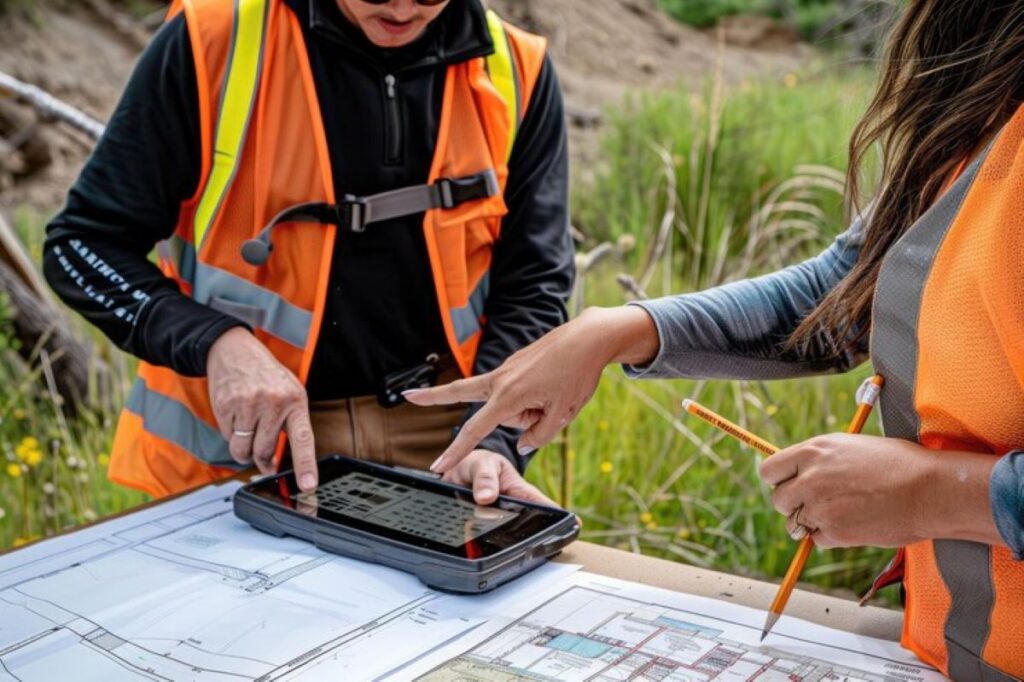In the bustling landscape of Sydney, the demand for qualified land surveyors is ever-increasing, particularly for commercial projects. Whether it’s a new office building, a retail space, or an industrial complex, accurate surveying is crucial to ensure that projects are completed on time, within budget, and to the highest standards. This article explores how to find qualified land surveyors in Sydney, the importance of their role, and what to consider when selecting the right professional for your project.
The Importance of Land Surveyors in Commercial Projects
Land surveyors play a pivotal role in the planning and execution of commercial projects. Their expertise ensures that all aspects of a site are accurately measured and mapped, which is essential for compliance with local regulations and for the overall success of the project.
Understanding the Role of a Land Surveyor
The responsibilities of land surveyors Sydney extend beyond mere measurements. They assess land boundaries, provide topographical surveys, and offer advice on zoning laws and land use. Their work lays the groundwork for architects and engineers, ensuring that the designs are feasible and compliant with local regulations.
Moreover, land surveyors are instrumental in identifying potential issues early in the project lifecycle. By conducting thorough assessments, they can help avoid costly mistakes that may arise from inaccurate data or misinterpretations of land features. This proactive approach not only enhances the efficiency of the project but also fosters collaboration among various stakeholders, including developers, contractors, and local authorities, all of whom rely on accurate survey data for their respective roles.
Legal Compliance and Risk Management
In Australia, land surveying is governed by strict regulations. Engaging a qualified land surveyor ensures that all legal requirements are met, which protects the project from potential disputes or legal challenges. They provide documentation that can be critical in securing permits and approvals from local councils.
Additionally, their expertise in risk management can save developers significant time and money. By identifying potential hazards or complications early on, land surveyors can recommend solutions that mitigate risks, ensuring a smoother project progression. Their knowledge of environmental factors, such as flood zones or protected land areas, is invaluable in guiding developers to make informed decisions that align with sustainability goals and community standards. This foresight not only aids in compliance but also enhances the project’s reputation within the community, fostering goodwill and support from local residents and stakeholders.
Qualities to Look for in a Qualified Land Surveyor
Finding the right land surveyor for a commercial project in Sydney requires careful consideration of several key qualities. The right surveyor will not only possess the necessary qualifications but also demonstrate a commitment to quality and professionalism.
Qualifications and Experience
First and foremost, it is essential to verify that the land surveyor holds the appropriate qualifications. In Australia, surveyors must be registered with the relevant state authority, which ensures they have met the necessary educational and professional standards. Look for surveyors who have extensive experience in commercial projects, as this will often correlate with a deeper understanding of the complexities involved.
Experience in specific types of commercial projects can also be beneficial. For instance, a surveyor with a background in retail developments may offer insights that differ from those of a surveyor specialised in industrial projects. Moreover, their familiarity with local regulations and zoning laws can be invaluable, as these factors can significantly impact project timelines and costs. A surveyor who has navigated similar projects in the past will likely be more adept at anticipating potential challenges and devising effective solutions.
Technology and Tools
In today’s digital age, the use of advanced technology is paramount in surveying. A qualified land surveyor should be proficient in using the latest surveying equipment and software. This not only increases the accuracy of their work but also enhances efficiency, allowing for quicker turnaround times.
Furthermore, surveyors who utilise 3D modelling and Geographic Information Systems (GIS) can provide valuable visual representations of the land, aiding in better decision-making throughout the project lifecycle. The integration of drones for aerial surveying has also become increasingly popular, offering a unique perspective and enabling surveyors to gather data from hard-to-reach areas. This technological edge not only streamlines the surveying process but also ensures that clients receive the most comprehensive and precise information available. You may like to visit https://www.icsm.gov.au/what-we-do/cadastre/3d-cadastral-survey-data-exchange-program to get more about 3D cadastal survey data exchange program.
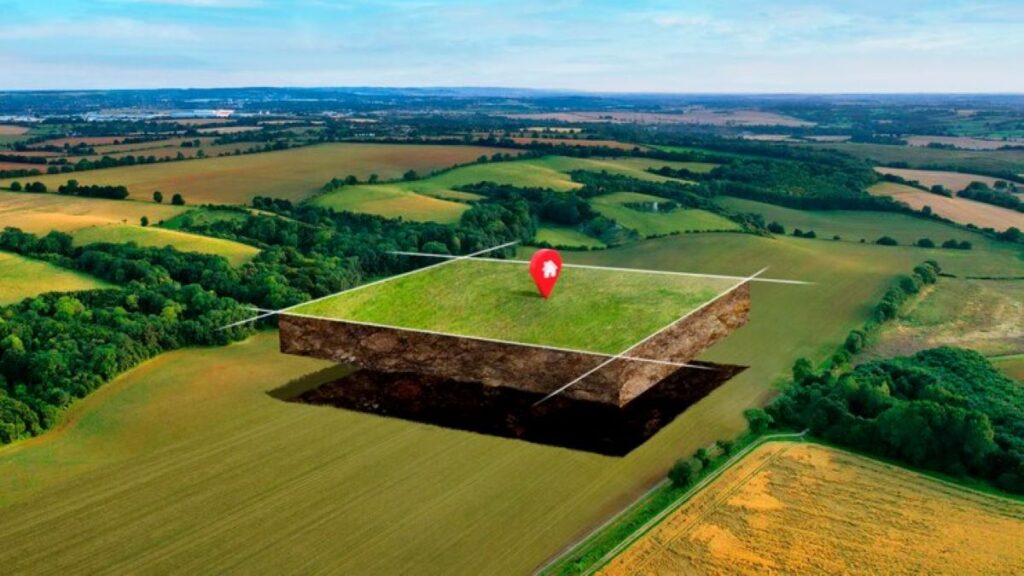
Communication Skills
Effective communication is a vital quality in a land surveyor. They must be able to convey complex information clearly and succinctly to clients, architects, and construction teams. A surveyor who can explain their findings and recommendations in layman’s terms will facilitate smoother collaboration and understanding among all parties involved.
Additionally, a good surveyor will be proactive in providing updates and addressing any concerns that may arise during the surveying process. This level of transparency fosters trust and ensures that the project remains on track. Regular meetings or progress reports can help keep everyone aligned and informed, minimising the risk of misunderstandings. Furthermore, a surveyor who actively listens to the needs and feedback of their clients demonstrates a commitment to delivering tailored solutions, ultimately enhancing the overall project experience.
Where to Find Qualified Land Surveyors in Sydney
Finding qualified land surveyors in Sydney can be accomplished through several avenues. Each method has its advantages, and it may be beneficial to explore multiple options to find the best fit for your project.
Online Directories and Professional Associations
Utilising online directories and professional associations is a great starting point. Websites such as the Surveying and Spatial Sciences Institute (SSSI) provide lists of registered surveyors in Sydney. These platforms often include reviews and ratings, helping to gauge the reputation of various surveyors.
Additionally, professional associations may offer resources and guidance on selecting a qualified surveyor. They often have strict membership criteria, ensuring that listed professionals adhere to high standards of practice. Many associations also provide continuing education opportunities, which can be a sign that the surveyor is committed to staying updated with the latest industry standards and technologies.
Referrals and Recommendations
Word-of-mouth referrals can be invaluable when searching for a qualified land surveyor. Engaging with colleagues, architects, or construction professionals who have previously worked with surveyors can provide insights into their experiences and the quality of service received.
Personal recommendations often carry more weight than online reviews, as they come from trusted sources who have first-hand experience with the surveyor’s work ethic and capabilities. Furthermore, it can be helpful to ask specific questions about the projects they collaborated on, as this can give you a clearer picture of the surveyor’s expertise in areas relevant to your needs, such as residential, commercial, or industrial surveying. Click here to get more about Land Surveys Sydney: Ensuring Compliance and Preventing Legal Disputes.
Local Networking Events
Attending local networking events, trade shows, or industry conferences can also be an effective way to meet land surveyors in person. These events provide opportunities to engage with professionals, ask questions, and assess their expertise directly.
Networking can also lead to valuable connections with other professionals in the construction and real estate sectors, creating a broader support network for your commercial project. Moreover, many local councils and community groups host informational sessions on land development and zoning laws, which can also be a great way to meet surveyors who are knowledgeable about local regulations and can provide insights specific to your area.
Questions to Ask Potential Land Surveyors
Once a shortlist of potential land surveyors has been compiled, it is crucial to conduct interviews to assess their suitability for your project. Asking the right questions can reveal a great deal about their qualifications, experience, and approach to surveying.
Experience with Similar Projects
Inquire about their experience with projects similar to yours. Understanding their familiarity with specific types of commercial developments can indicate whether they are well-equipped to handle your project’s unique challenges.
Additionally, ask for examples of past projects they have completed successfully. This not only demonstrates their expertise but also provides insight into their problem-solving capabilities. A surveyor with a robust portfolio of diverse projects may also have encountered various regulatory environments, which can be invaluable in navigating local planning laws and requirements.
Approach to Project Management
Understanding how a land surveyor manages projects is essential. Ask about their approach to timelines, communication, and collaboration with other professionals involved in the project. A surveyor who prioritises effective project management will help ensure that the surveying process runs smoothly and efficiently.
Furthermore, inquire about their procedures for handling unexpected issues or changes in project scope. A proactive approach can make a significant difference in keeping the project on track. It may also be beneficial to discuss their use of technology in project management, such as software for tracking progress and sharing updates, as this can enhance transparency and foster a collaborative environment among all stakeholders.
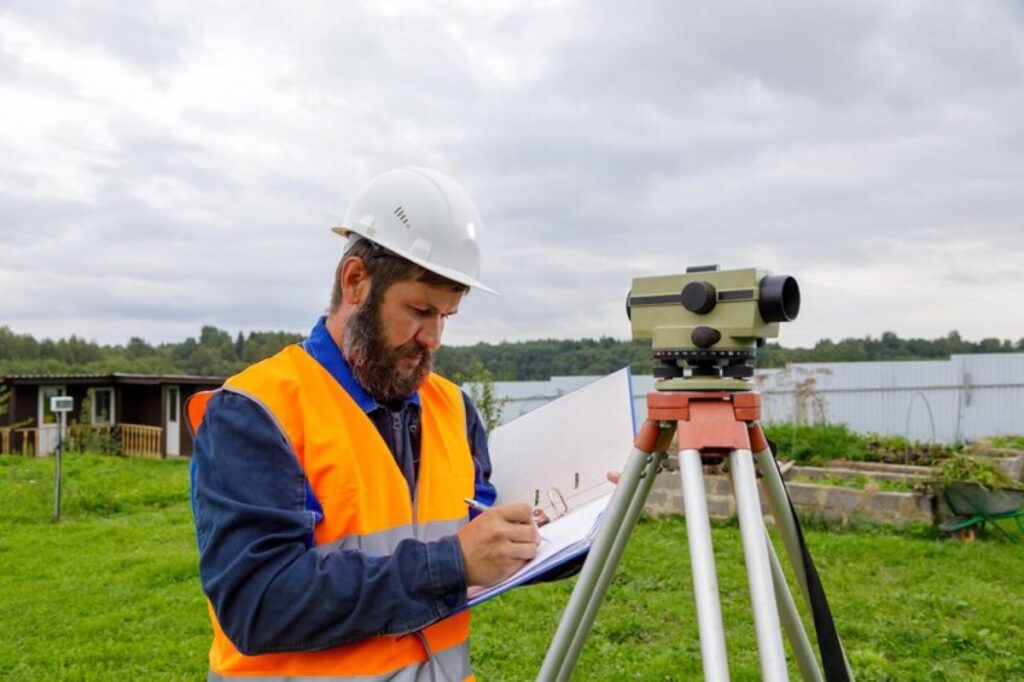
Cost and Payment Structure
Finally, discussing costs upfront is vital. Ask for a detailed breakdown of their fees and any additional costs that may arise during the surveying process. Understanding the payment structure will help avoid any surprises later on and allows for better budgeting for the overall project.
It is also worth considering whether the surveyor offers fixed pricing or if they charge based on hourly rates. Each structure has its pros and cons, so it is essential to choose one that aligns with your project’s financial plan. Additionally, it may be prudent to ask about their policy on revisions or additional surveys that may be required as the project progresses, as this can significantly impact the overall budget and timeline.
Conclusion: Making the Right Choice
Finding qualified land surveyors in Sydney for commercial projects is a task that requires careful consideration and thorough research. By understanding the importance of land surveyors, recognising the qualities to look for, and knowing where to find them, project managers and developers can make informed decisions that will benefit their projects.
Ultimately, the right land surveyor will not only provide accurate measurements and data but will also contribute to the overall success of the project through effective communication, problem-solving, and adherence to legal requirements. By investing the time to find a qualified professional, the foundation for a successful commercial project is laid, paving the way for a smooth and efficient development process.
